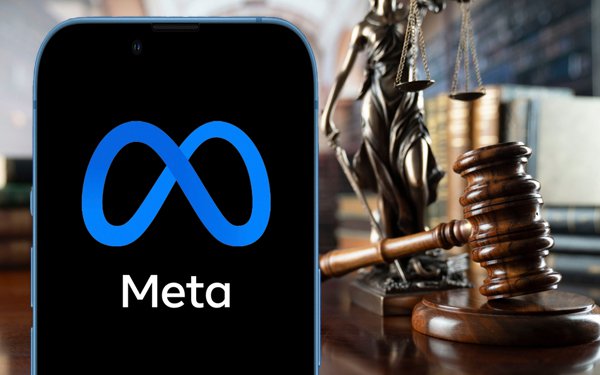
Largely siding against Meta, a judge rejected the
company's bid to throw out key claims by Facebook users who say they lost money after responding to fraudulent ads on the platform.
In a decision issued Monday, U.S. District
Court Judge Jeffrey White in the Northern District of California, said the allegations against Meta, if found to be true, could support claims the company broke its contract with users and violated
its duty of good faith.
The ruling stemmed from a lawsuit brought by Oregon resident Christopher Calise and other Facebook users. Calise specifically claimed in a 2021
class-action complaint that he lost around $49 after attempting to purchase a car-engine assembly kit that was advertised on the site.
The complaint included allegations that
Meta promised in its terms of service to "take appropriate action" regarding harmful content, and that it said in a "Community Standards" section that it would remove fraudulent content.
advertisement
advertisement
Those statements give Calise and other Facebook users grounds to sue, White ruled.
"The specific provisions which plaintiffs claim Meta violated are unambiguous
and well-defined promises from Meta to users," he said in a 13-page ruling.
Earlier in the proceedings, White dismissed the lawsuit on the grounds that Section 230 of the
Communications Decency Act protected Meta from liability for ads placed by third parties.
That law broadly protects web companies from lawsuits over posts by third parties.
Calise appealed to the 9th Circuit, which ruled Section 230 didn't protect
Meta from claims that the company broke its contract with users by allegedly violating its own terms of service. The appellate judges noted, however, that it wasn't clear whether the terms of service
created an enforceable contract, adding that a trial judge should decide that question.
While White allowed the plaintiffs to proceed with their contract related claims, he
dismissed a claim that Meta failed to warn users about the possibility of fraud. He said California law doesn't allow people to proceed with that claim when their injuries are purely economic.
A Meta spokesperson said: "We believe the plaintiffs' remaining claims are false and will continue to vigorously defend ourselves."